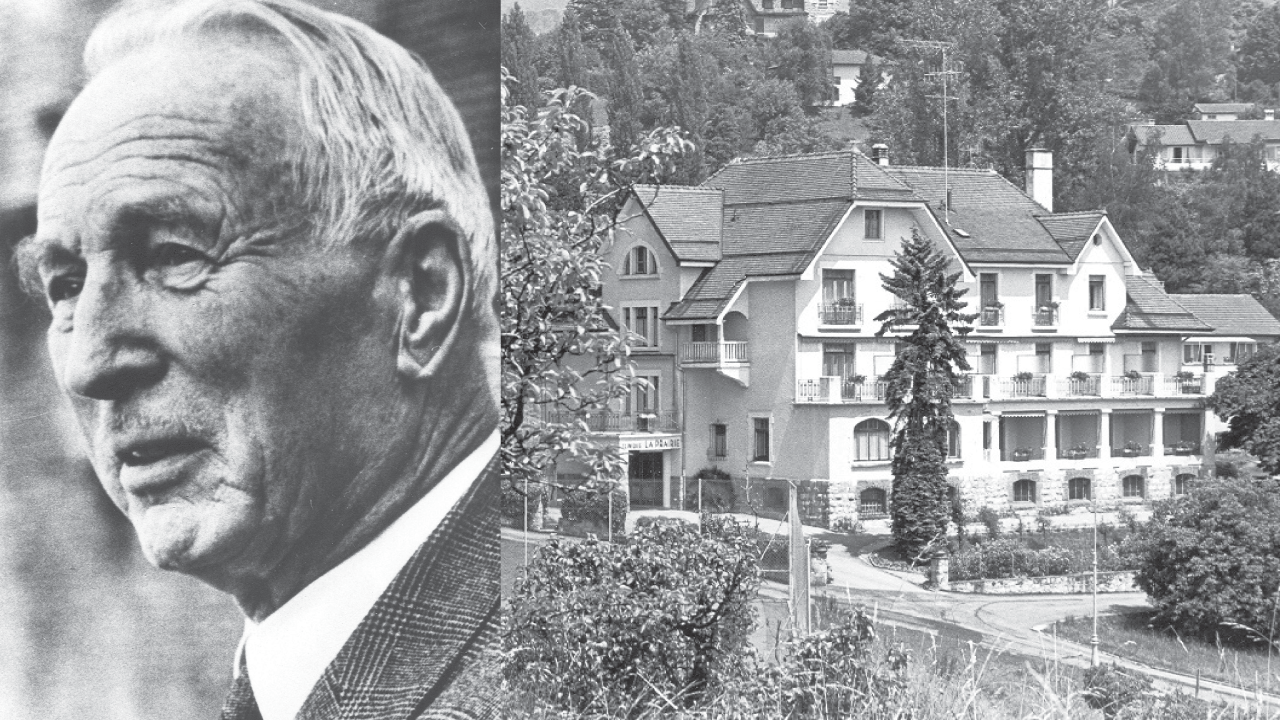Tackling the Green Giant
It seems you cannot turn on the TV, read a newspaper or magazine these days and fail to be confronted by apocalyptic images of ozone depletion, vanishing rainforests and melting polar ice-caps.
Recently, I received a call from a large international media outfit that was working on a story about exemplary green real estate and hotel developments. They wanted to know if I could provide them with some local success stories. As my mind became more clouded than London fog, I promptly descended into a listless stupor that very nearly spoiled my lunch.
In the days and weeks that followed, I became increasingly aware of the many environmentally-friendly ways in which Phuket could help to save our planet. One of the Bangkok dailies recently reported that 70% of the world's population live in urban areas, a figure which is expected to rise significantly in the coming years.
Paved areas such as highways, walkways and parking lots account for some 35% of all surface area. If you factor in roof-space the figure jumps by a further 25%. In many parts of the world, the use of white roofing has become common practice in order to lower surface temperature by reflecting heat. Many US states mandate both the building of flat-roofed homes and the use of white in order to reduce energy consumption.
Even simple things like light bulbs have enormous potential for savings. Every time you turn on a normal incandescent bulb a little over 10% of the power is used for light with close to 90% being lost through heat dissipation. Energy-saving compact fluorescent lights are not only six times more efficient, but they last up to10 times longer than regular light bulbs. The math is easy. You save electricity, have lower power bills and get better value for money while doing your bit for Mother Earth. It is hard not to "see the light" with this seemingly no-brainer bit of logic.
I recently came across an article about Virgin boss Richard Branson's private Caribbean islands, which share many common energy issues with Phuket. The extensive use of solar panels and wind turbines is being planned there, as is the introduction of new technologies to allow natural airflow to cool dwellings, thus replacing that mother of all energy wasters: the air-conditioner. Transport will be by highly efficient "carts" that will run on biofuels.
While most islands in that part of the world struggle with water problems, the extensive use of flat-roofing and continuous guttering to catch rainfall allows for better storage of this precious resource.
Given Phuket's growing water shortages and its mushrooming population, it is surprising that such simple, cost-effective solutions do not figure more prominently on developers' agendas.
As global food shortages continue and rising gas prices drive up the cost of basic commodities, the future trend will be towards renewed growth in local agriculture and home gardening, both in rural and urban areas. Crucially, this will depend upon the availability of water. Collecting rainfall and creating large water storage facilities adds synergy to the entire process.
Urban organic farming is becoming a global phenomenon. One example in Phuket, West Sands in Mai Khao, was a pioneer in community organic gardening in a residential resort setting. With our tourism-based economy and growing trend towards healthier eating, organic foods are becoming more common on restaurant menus. Local entrepreneurs will no doubt identify and act on these opportunities.
Local gardening is doubly beneficial because it lowers petrol consumption by reducing the distances that food needs to be transported, while lowering pressure on commodity prices by reducing demand.
Thinking globally but acting locally is neither formidable nor complex. It is about taking simple steps and making responsible decisions; even small actions can help. There are bright spots on the horizon, with hotel chains such as Six Senses sponsoring group-wide initiatives as well as smaller but equally meaningful solutions like the garden plots at West Sands.
Phuket is sorely lagging behind when compared with many other leisure destinations, where eco-accommodation, recycling and the harnessing of wind, wave and solar energy are becoming key agenda items. While our island looks to tourism and property as important economic providers, looking after our planet needs to become more a part of our daily lives.


